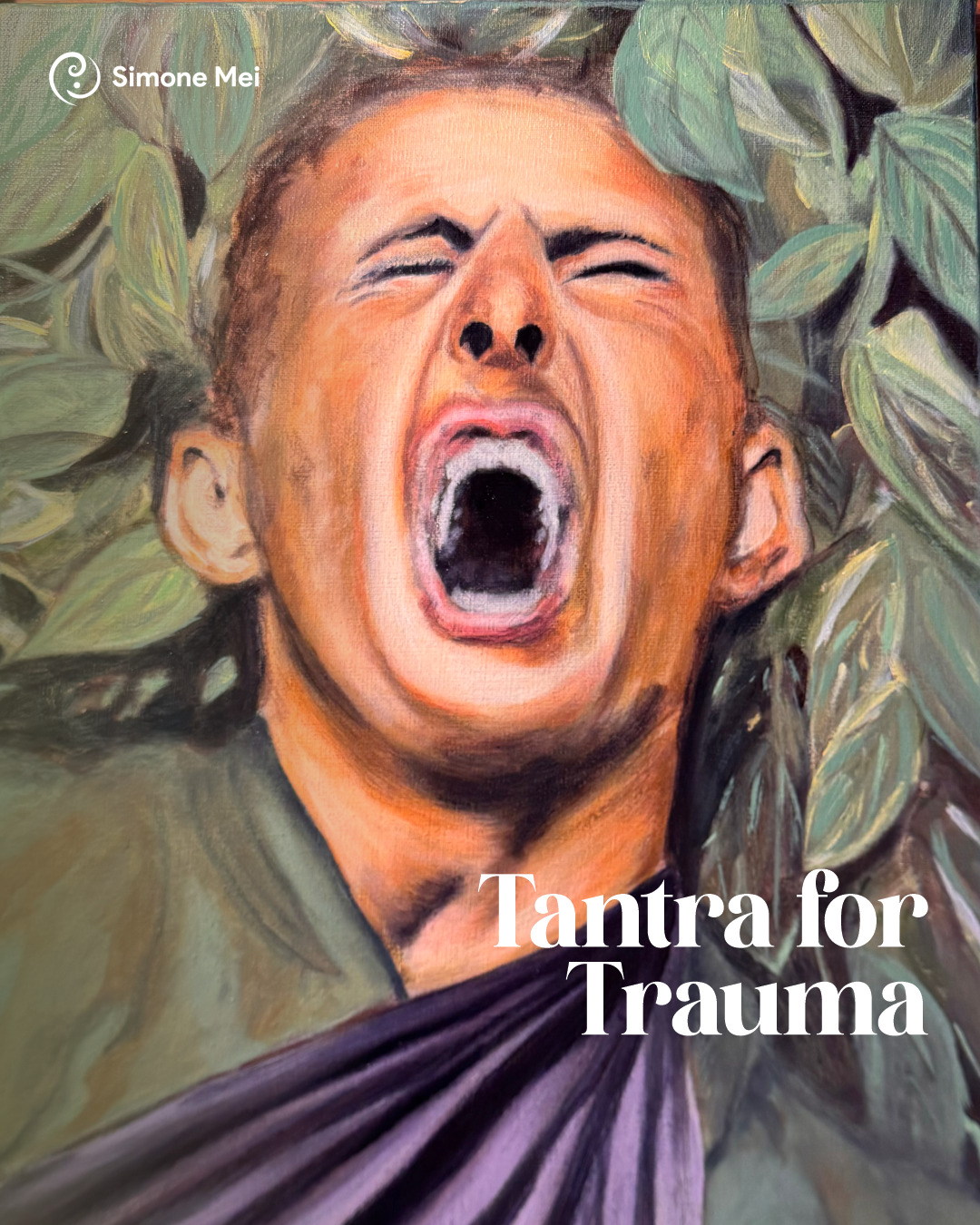
Trauma arises from any event that overwhelms our ability to cope, creating a deep sense of helplessness. When we cannot effectively defend ourselves through fight, flight, or freeze responses, unreleased survival energy remains stuck in our nervous system. If this energy isn’t released, it can lead to issues such as anxiety, panic attacks, and various physical and emotional challenges. Trauma affects our bodies, changes our behaviors, intensifies emotions, and transforms our psyche.
Trauma becomes “trapped” in the body as incomplete survival responses, causing dysregulation in the autonomic nervous system long after the event has passed.
Trauma is more common than we think. Any situation that is “too much, too fast, or too soon” and overwhelms us can become traumatic.
Causes and Sources of Trauma:
Abandonment, birth trauma, broken bonds with parents, constant criticism and judgment, violence, sexual abuse, incest, physical or emotional abuse, accidents, bullying, medical or dental surgeries, divorce, the death of a loved one, war, the suicide of a loved one, forced emigration, prolonged illness, torture, natural disasters, or any experience that threatens life.
Any situation where we feel unable to cope, believe we’re in danger, or fear for our life can be traumatic, triggering fight, flight, or freeze responses. From developmental trauma to PTSD, trauma impacts our nervous system, beliefs, and emotions. If trauma remains trapped in the body, symptoms will begin to emerge over time.
Symptoms:
Anxiety, panic attacks, phobias, feeling disconnected, isolation, depression, helplessness, hypervigilance, mood swings, insomnia, nightmares, physical pain, chronic fatigue, dissociation, an inability to cope with stress, and compulsive behaviors.
Sexual Trauma
Even when a traumatic event isn’t sexual in nature, it can impact our sexual expression. When the body experiences fear and contraction, sexual function is often affected.
Sexual trauma can result in dysfunctions such as:
•In men: Erectile dysfunction, impotence, premature ejaculation, performance anxiety, low libido, and fear of intimacy.
•In women: Menstrual pain, fertility issues, lack of interest in sex, vaginismus, inability to orgasm, and painful intercourse.
Sexual trauma can also cause symptoms like freezing, dissociation, numbness, fear, guilt, shame, mistrust, and lack of boundaries, among others.
How Do We Heal Trauma?
Stephen Porges’ Polyvagal Theory provides scientific insight into how trauma biologically affects the nervous system. Understanding this theory helps us recognize trauma symptoms and find pathways for healing.
Trauma often seeks expression through physical and emotional symptoms. Trauma-informed therapies, like Tantra, which integrate mind-body practices, support the healing process by reactivating the ability to feel, release, and transform trapped energies.
Image credit – Photo / Painting by Patrick Scholz.
Painting – Untitled – Oil on Linen 16” x 20”.


